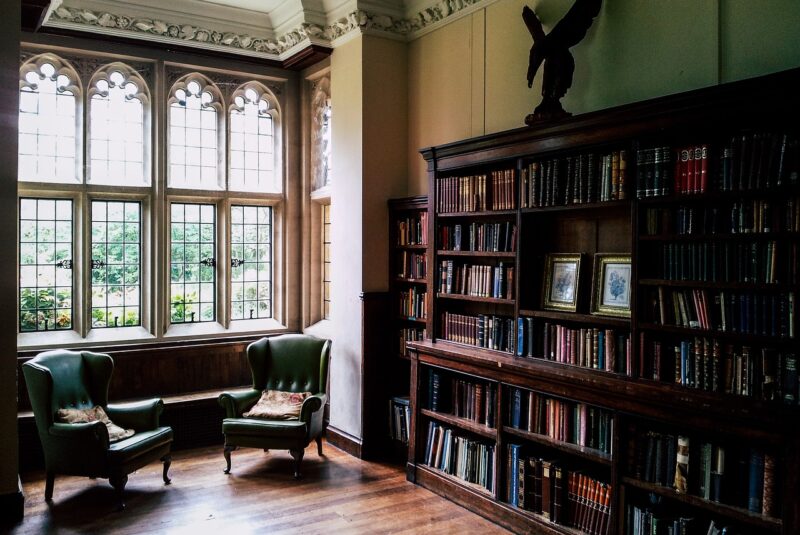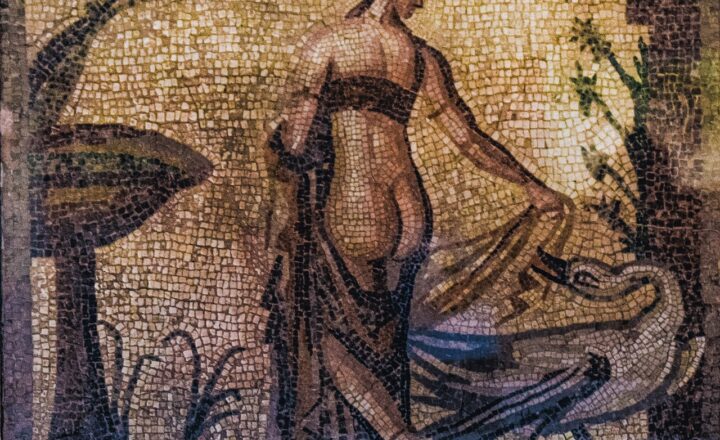Why the Great Library of Alexandria Remains a Symbol of Lost Knowledge
November 15, 2024

The Great Library of Alexandria, founded in the 3rd century BCE in the Egyptian city of Alexandria, was renowned as one of the largest and most significant libraries of the ancient world. It is estimated to have housed hundreds of thousands of scrolls and texts, covering a plethora of knowledge across various fields, from mathematics and science to literature and philosophy. While it was an intellectual epicenter, its eventual destruction marked one of history’s most profound losses of knowledge and culture. Today, it stands not only as a testament to the quest for knowledge but also as a powerful symbol of lost heritage and the impermanence of human achievement.
1. The Origins and Purpose of the Library
The Library of Alexandria was founded by Ptolemy I Soter, a successor of Alexander the Great, with the intention of establishing a center for scholarly research and learning. The library sought to collect all of the world’s knowledge, which was met with enthusiasm by scholars and thinkers from various regions. The Ptolemaic dynasty offered generous patronage to those who contributed their works, often persuading authors to allow their texts to be copied. This international collaboration resulted in a treasure trove of literature and scientific thought.
The Library’s mission extended beyond mere preservation; it was also a hub for intellectual dialogue, debate, and discovery. Alexandria quickly became the destination for philosophers, mathematicians, and scientists, turning the city itself into a thriving cultural epicenter. Scholars like Euclid, Archimedes, and Eratosthenes thrived in this stimulating environment, making groundbreaking contributions that shaped fields such as mathematics, astronomy, and geography.
2. The Great Collection of Scrolls
The library’s collection was legendary. It is reported that Cleopatra herself claimed to have around 700,000 scrolls at the library’s height. These scrolls encompassed works of poetry, philosophy, science, and myth from cultures spanning the known world, including Greek, Egyptian, Persian, and Indian texts. Famous works by Homer, Plato, and Aristophanes were preserved within its walls alongside texts that are now lost to us.
Particularly noteworthy are the astronomical observations made by the likes of Hipparchus, who calculated the distances to celestial bodies and mapped the stars. Unfortunately, these texts, alongside innumerable other works, would soon meet an uncertain fate.
3. The Mystery of Its Destruction
The destruction of the Great Library of Alexandria remains shrouded in mystery, with different accounts attributing its demise to various events. Some historians suggest that it was partially destroyed during Julius Caesar’s siege of Alexandria in 48 BCE, which resulted in fires that consumed parts of the library. Others believe that later events, such as the Muslim conquest of Alexandria in 642 CE, led to additional losses.
It is critical to note that the library did not just vanish overnight; rather, it suffered a gradual decline. The significance of the library diminished over centuries, and it ultimately faded from historical records. What remains are fragments of accounts written by ancient historians and scribes, leaving the full extent of its demise open to speculation.
Many believe that the loss of the library was catastrophic, as it not only destroyed countless texts but also weakened the scholarly tradition that thrived there. Scholars began to disperse, and with them went the lineage of that accumulated knowledge.
4. A Symbol of Lost Knowledge
The Great Library of Alexandria has since become a poignant symbol of lost knowledge and cultural heritage. Its story serves as a reminder that civilizations rise and fall, and knowledge can be easily lost, often irreversibly. This loss resonates deeply in today’s world, where information is both abundant and precarious.
In recent decades, a renewed interest in the library’s legacy has arisen. Various organizations and institutions have aimed to recreate the spirit of the ancient library, inviting scholars to gather and share information collaboratively. The Bibliotheca Alexandrina, inaugurated in 2002, is a modern tribute built close to its ancient predecessor, signifying hope for the future of written knowledge and cultural preservation.
Lessons for the Future
The legacy of the Great Library of Alexandria reminds us to safeguard our own repositories of knowledge, ensuring that the wisdom of our time is recorded, preserved, and shared. The rise of digital technology offers unprecedented opportunities to document and distribute information globally. However, it also raises questions about data security and the accessibility of information for future generations.
5. Conclusion
The Great Library of Alexandria remains an enduring symbol of humanity’s quest for knowledge, ambition, and the fragility of cultural heritage. Its contributions to various fields of study illustrate the importance of interdisciplinary collaboration and the sharing of ideas. As we face challenges in the modern age, it is incumbent upon us to foster environments that encourage the pursuit of knowledge while striving to protect our intellectual treasures. The story of the Great Library, though tragic, serves as a beacon of aspiration and a reminder of the enduring value of knowledge itself.






